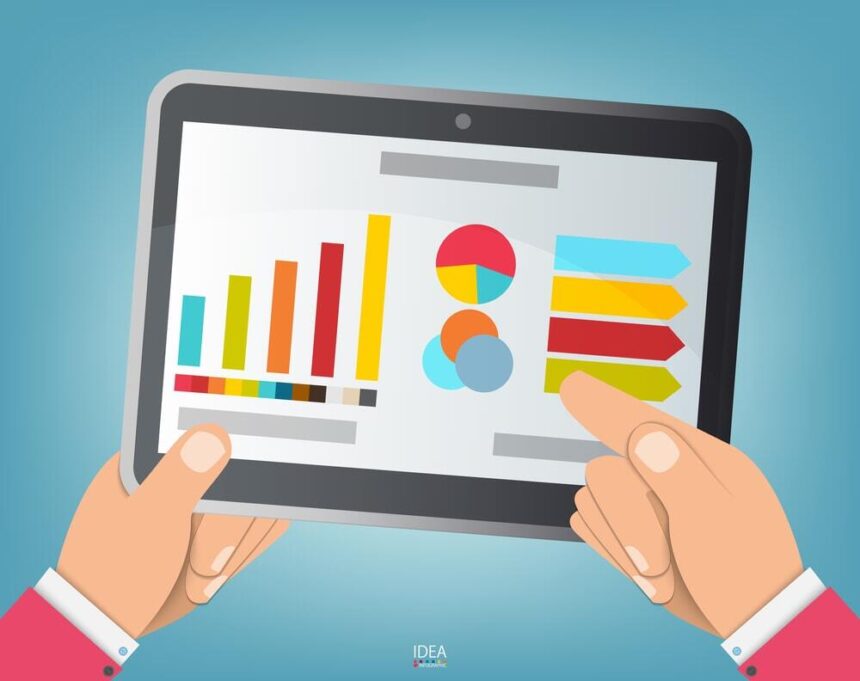When you’re networking it’s all about who you know but when it comes to actually doing business, these days it’s all about what you know. That’s because business decisions are now more than ever before data driven, and so the companies that are collecting it and analyzing it are the ones poised to rocket past the competition. Want proof? A global study commissioned by CA Technologies revealed that a whopping 90% of firms surveyed are seeing benefits thanks to big data implementation. Increased revenue is the obvious end benefit that companies are seeking, though the approach any given company takes may be unique. UPS has spent over $1b yearly gathering fleet data to map out the most efficient delivery routes. HSBC uses big data to monitor for and even predict fraud. Allstate has created an entire data science department to definitively answer questions about customer loyalty and claims. And Amazon and Netflix use big data to keep customers coming back for more. Across industries, companies are letting data-driven decisions and reaping the benefits. Here are four companies crushing it: 1. Capital One has been harnessing behavioral data to shape customer offerings for years. For instance, their deal optimization engine analyzes customer demographics and spending patterns to determine how, where and when to put offers in front of people – leading to more revenue for Capital One and a more positive experience with the brand for customers. They also created Capital One Labs, a sort of tech-driven think tank where employees use big data to sort through potential opportunities like new modes of mobile banking. 2. T-Mobile, like all telecomm companies, collects massive amounts of data from its smartphone and tablet subscribers and it’s using this data to prevent customer turnover. In fact, the brand has managed to reduce “churn” by 50% just by staying on top of things like usage patterns, geographical usage trends, customer purchases by location and most importantly, Customer Lifetime Value. T-Mobile has banked on the fact that customers with strong social networks can influence others’ telecomm decisions, making a point of identifying its most influential customers and giving them perks. 3. Free People, the more bohemian segment of Urban Outfitters, uses millions of customer records (reviewed by an in house analytics team) to shape the next season’s offerings. Information like what sold, what didn’t, what was returned and more fuels the brand’s product recommendations, the look of its website and what kinds of promotions customers see to improve Free People’s bottom line. And it’s working – Free People has done well even when retail has been dicey. 4. Starbucks’ ubiquity – as in its ability to maintain a surprising number of locations in close proximity to one another – is a function of big data. The fact that two Starbucks can exist a block away from one another isn’t luck; they were placed in their adjacent locations thanks to location-based data, street traffic analysis, demographic info and data culled from other locations. In fact, Starbucks actually built its own planning and development application to make the most of big data in its growth strategy. The reason these companies in particular have done well harnessing the power of big data likely boils down to goals. Capital One was focused on customer retention, even as technology changed. T-Mobile wanted to reduce the customer turnover so common in telecommunications. Free People was interested in giving their customer base example what it wanted, in stores and online. And Starbucks needed to know more about what really constituted a winning location. The bottom line is that companies need to understand their goals before they can tap into the power of big data. Without a plan for focused, objective-driven analysis a company can pour all the money it wants into big data collection but the results they get will be nothing more than numbers.

